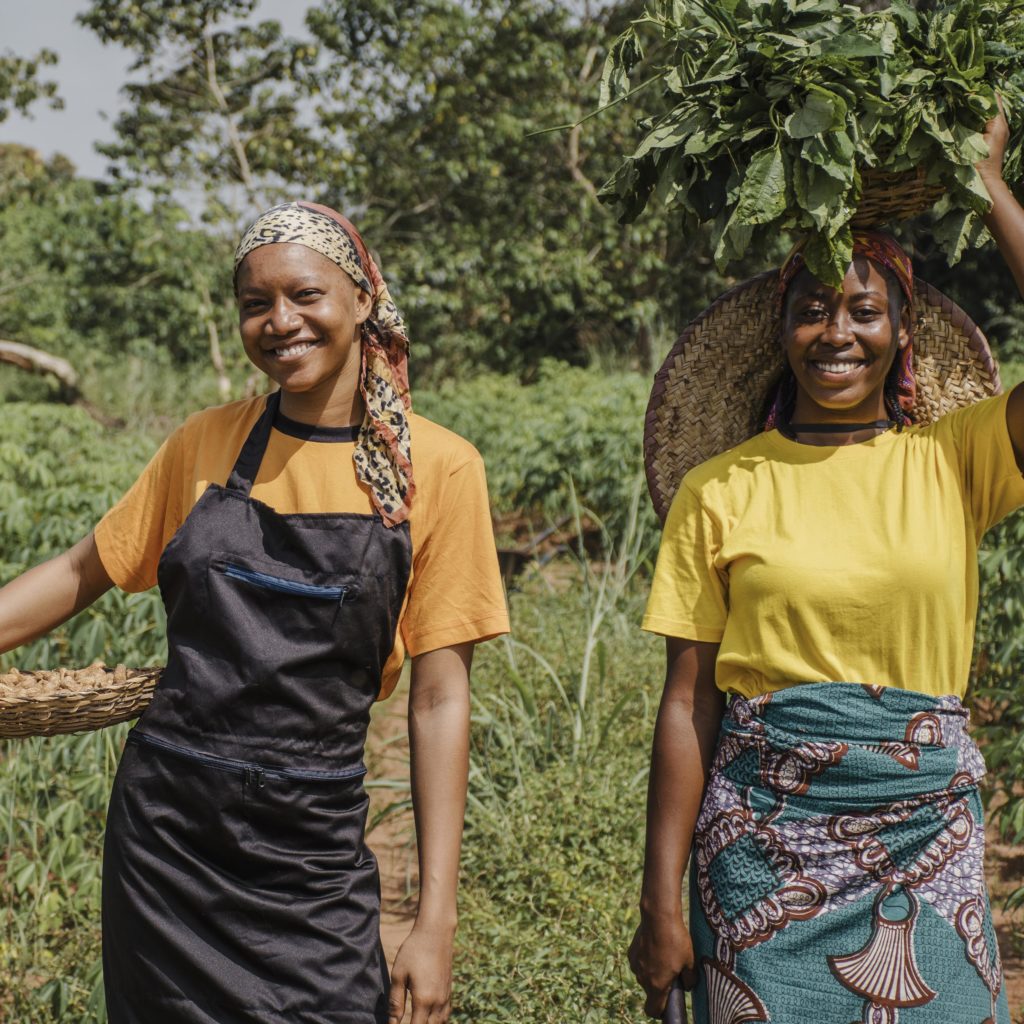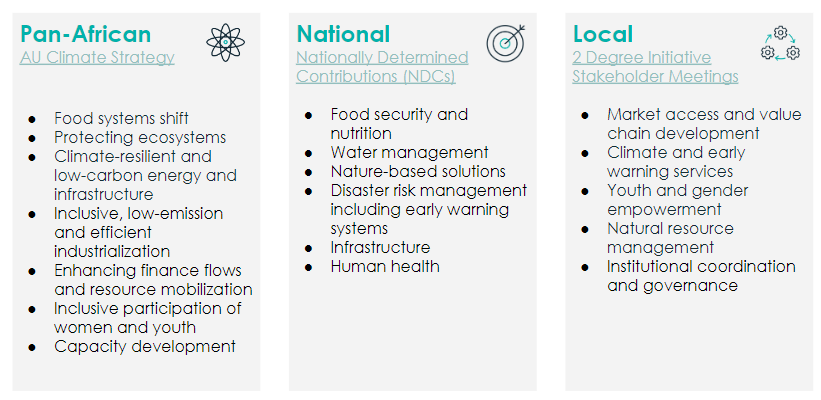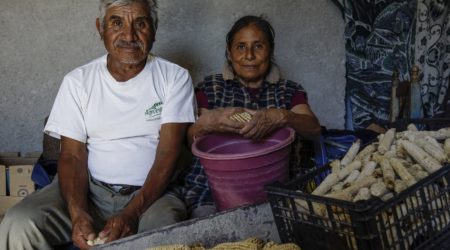Investing in the adaptive capacity of young Africans is key to climate resilient livelihoods and agrifood systems

Climate change is rapidly intensifying, particularly in regions like Africa, which have contributed to its causes the least. The agricultural sector on the continent is among the most vulnerable to the impacts of climate change, such as prolonged droughts, extreme flooding, shifting seasonality, and novel pests and diseases. With 60% of Africa’s youth employed in agrifood systems, it is essential to integrate climate action into the sector’s livelihood development to foster resilience and prosperity for generations to come, as well as the ecosystems they rely on.
Adaptive capacity: a critical factor in agri-food resilience
Adaptive capacity refers to the ability of a system, community, or individual to adjust, modify, or change its characteristics or actions to moderate potential damage, capitalize on opportunities, or manage the consequences of climate change impacts. For example, the adaptive capacity of a farming community could be assessed by factors such as their knowledge of alternative farming techniques, access to climate-resistant crops, the availability of financial resources to implement changes, and the presence of supportive local and national policies.
Achieving enhanced adaptive capacity requires a comprehensive and long-term approach. This approach must ensure representation for vulnerable agricultural communities, especially those with limited access to natural and financial resources, such as young people. It’s vital that these communities participate in decision-making processes regarding systemic shifts across all stages of the value chains. By incorporating their knowledge, expertise, needs, and preferences, we can better align investments in agricultural livelihoods, infrastructure, and knowledge systems with current and future needs, ultimately bolstering the resilience of agri-food systems to climate change
Africa’s climate priorities: a roadmap for adaptation
African-led agendas can guide us in determining the best opportunities for climate adaptive economic growth. A recent analysis of Nationally Determined Contributions (NDCs) from the Food and Agriculture Organization (FAO) underscored that African nations’ climate action plans prioritize integrated water management, plant genetic resources, early warning systems, and soil conservation and restoration. Digging deeper, Figure 1 below highlights the top priorities in agricultural adaptation action in Africa, at three levels.

Taking cues from these priorities, we need to frame a climate-adaptive approach to livelihood development in Africa’s agricultural sector. Resilient and sustainable food production practices, such as climate-smart agriculture (CSA), have already laid the groundwork, demonstrating the potential for meaningful outcomes: increased revenues, food security, and job creation. CSA also has the potential to link to many of the global-to-local priorities referenced above but its implementation in Africa has yet to reach its potential.
Ways forward: integration, innovation, and influx of finance
To get there, we must acknowledge that many climate adaptation approaches in agriculture have been traditionally field-centric, focusing mainly on climate-smart crop production and harvesting (see Chapter 20). As climate change impacts extend beyond the field, we need to broaden our action to include climate-smart value chains and agricultural landscapes. This means rethinking investment in African agrifood systems, increasingly focusing on processing, consumption, trade, and digitalization which offer high growth in job opportunities for young people, particularly in urban areas. There is also a need to expand research and development to better integrate adjacent sectors like water management, biodiversity, energy, and infrastructure. By addressing these intersections, we can mitigate the ripple effects that undermine the sustainability of natural resources vital for agricultural livelihoods, such as limited water due to poor water basin management.
At the same time, investment in climate-smart agriculture entrepreneurship and innovation is essential. This includes both launching new startups and integrating climate innovation into existing agribusiness operations (see box below). As part of this, we need to elevate the importance of innovation investment around indigenous crops that offer high nutrition and resilience compared to climate-sensitive staples like maize and wheat which have historically received the lion’s share of funding.
Integrating climate resilience downstreamMainstreaming climate considerations into existing influential and national agribusiness operations are critical to scale climate-resilient agriculture and enhancing the adaptive capacity of agricultural livelihoods. For example, we could invest in water efficiency for agribusinesses in drought-prone regions or post-harvest infrastructure in flood-prone regions. Wageningen University & Research (WUR) is working on capaciting African agribusinesses to adapt by providing climate risk profiles and adaptation options via satellite and ground data. Such instruments provide the information for supply chains to make improved strategic decisions that enhance climate resilience in production, infrastructure investments, and sourcing. |
While refurbishing CSA is a starting point, scaling its reach and impact requires innovative ways to channel more global climate financing to Africa without increasing debt burdens. This involves leveraging mitigation finance for adaptation outcomes – creating agricultural jobs, infrastructure and practices that are not only net zero, but climate resilient in the longer-term. The voluntary carbon market (VCM) illustrates this approach, as nature-based carbon solutions such as regenerative agriculture have the potential to create millions of jobs for Africa’s growing workforce while also building the resilience of local ecosystems and communities.
The agricultural sector in Africa is a dynamic space, quickly changing alongside a changing climate. As we share our evolving thinking, we invite a spirited discussion and exchange of ideas on these key areas (reach the authors at CIFAR Alliance). Together we can build a strong foundation for a prosperous, and climate-resilient agrifood system, with and for young people, in Africa.
Tyler Ferdinand is a climate innovation specialist at BFA Global.
Chirag Shamdasani is the climate action lead at Mastercard Foundation



